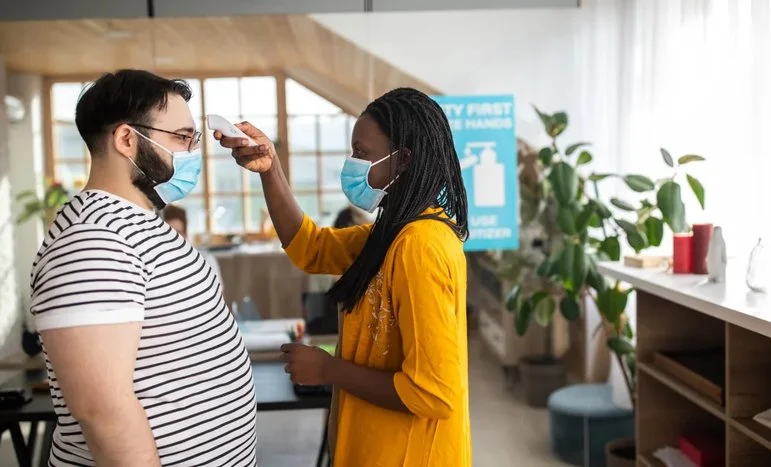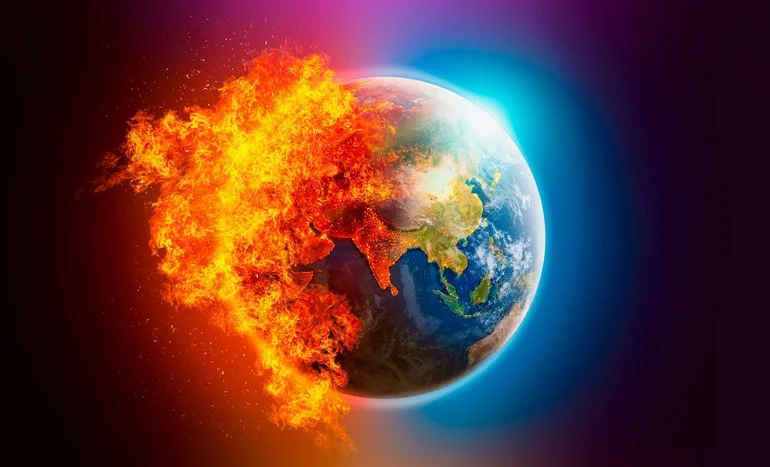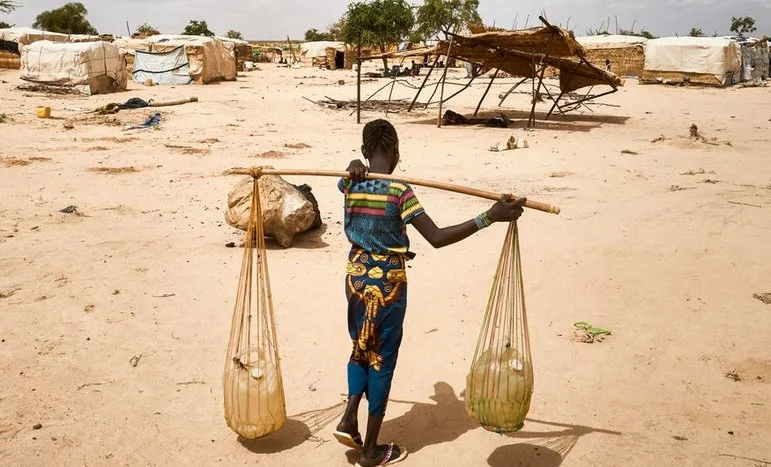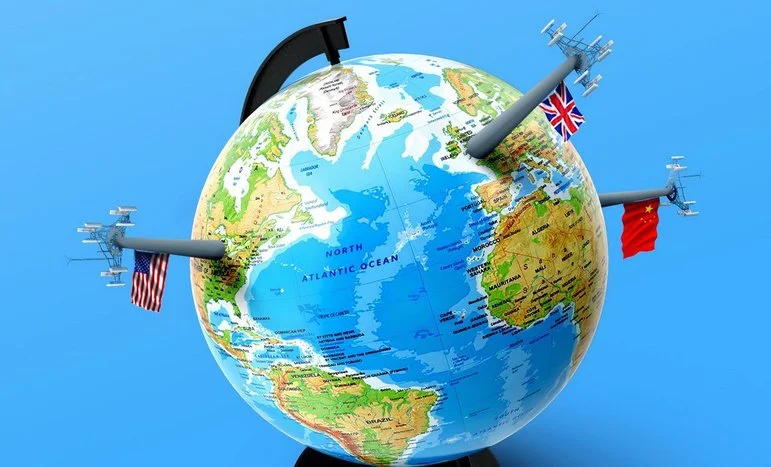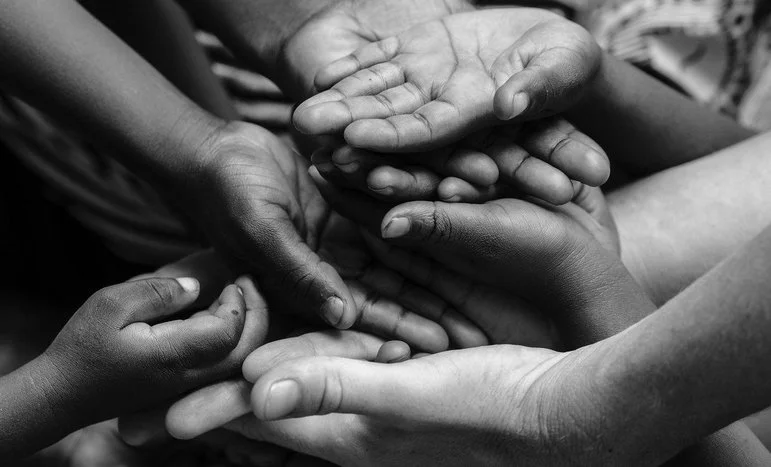“Preparedness is not a luxury—it’s a necessity.”
The COVID-19 pandemic exposed the fragility of global health systems and the speed with which a microscopic virus can paralyze economies, disrupt societies, and take millions of lives. But perhaps the most dangerous outcome is the illusion that the worst is behind us.
In reality, the risk of future pandemics—both natural and man-made—remains alarmingly high.
A World Still at Risk
While many nations rushed to develop vaccines and bolster healthcare capacities during COVID-19, the momentum for long-term preparedness is fading. Yet the threats have not:
- Zoonotic diseases continue to spill over from wildlife to humans as deforestation and urban expansion accelerate.
- Synthetic biology and bioterrorism raise the stakes of engineered pathogens escaping labs or being weaponized.
- Antimicrobial resistance (AMR) quietly grows into a super-crisis, making once-treatable infections deadly again.
- Non-communicable diseases like diabetes, cardiovascular illness, and obesity burden healthcare systems and weaken population resilience.
- Endemic diseases such as HIV/AIDS, tuberculosis, and malaria remain persistent killers in many developing regions.
Pandemic preparedness cannot be seasonal. It must be systemic.
Lessons We Cannot Afford to Forget
COVID-19 was more than a virus—it was a mirror. It showed us the cracks in our healthcare systems, the inequities in vaccine access, the dangers of misinformation, and the cost of unpreparedness.
Key takeaways include:
- Early detection and transparent reporting save lives.
- Robust primary healthcare is not optional—it’s the backbone of resilience.
- Global cooperation must replace fragmented responses.
- Investment in research and innovation—vaccines, treatments, diagnostics—must be continual, not reactive.
Above all, the crisis taught us that pandemics are not just health events—they are economic, political, and societal shocks.
Chronic Crises Are Still Crises
While the world focused on COVID-19, chronic health burdens quietly deepened:
- Obesity has become a global epidemic, especially in urban and industrializing societies.
- Mental health disorders surged during lockdowns and economic uncertainty, yet remain under-addressed.
- HIV/AIDS, malaria, and TB claimed millions of lives, especially in low-income regions with fragile infrastructure.
These issues don’t make headlines, but they drain national budgets, reduce productivity, and diminish quality of life.
The Call to Act
Preparedness demands both policy and practice:
- Fund early warning systems and cross-border data sharing.
- Create pandemic response task forces that act swiftly, not bureaucratically.
- Promote universal healthcare coverage that includes preventative services.
- Regulate wet markets, wildlife trade, and unsafe lab practices.
- Tackle AMR through prescription control and investment in new antibiotics.
And for individuals: support science, advocate for equitable healthcare, and adopt healthy lifestyles that reduce long-term risks.
Prevention Is Cheaper Than Reaction
History will judge us not by how we reacted to COVID-19, but by how we prepared for what comes next. Complacency today is a luxury we cannot afford.
We know the risks. We know the costs. And now, we know the consequences.
Let this be the era of vigilance, not regret.
“The next pandemic is not a question of if, but when. The only question that remains: Will we be ready?”
